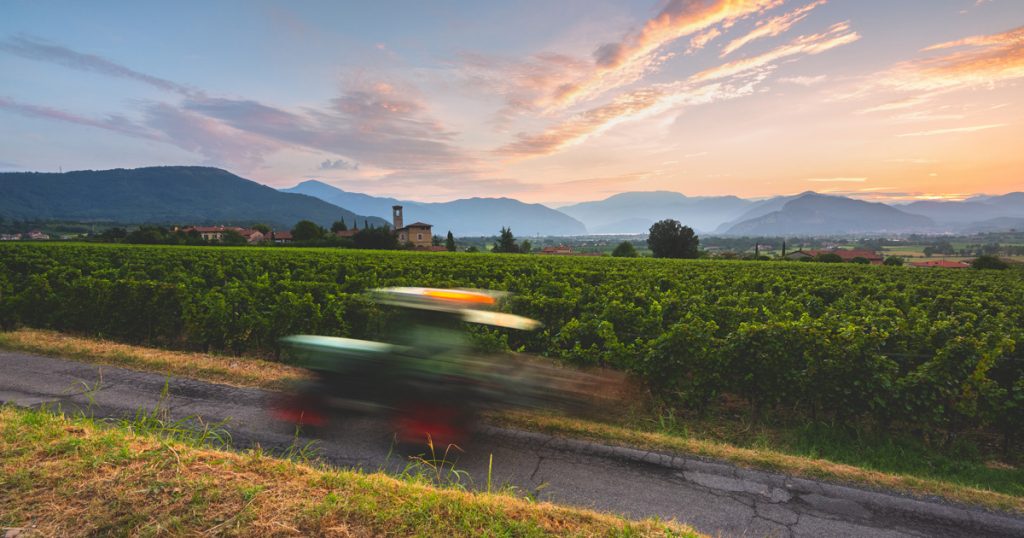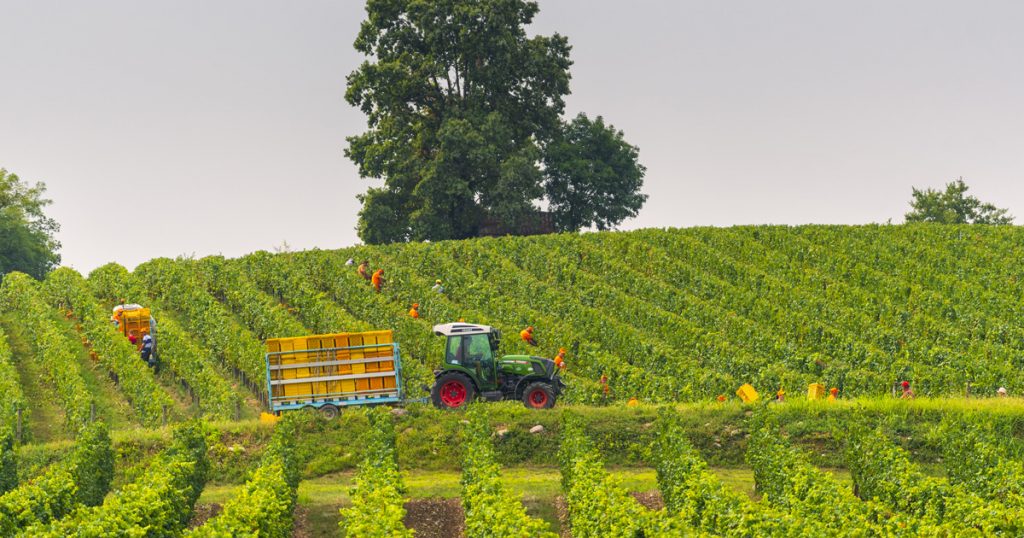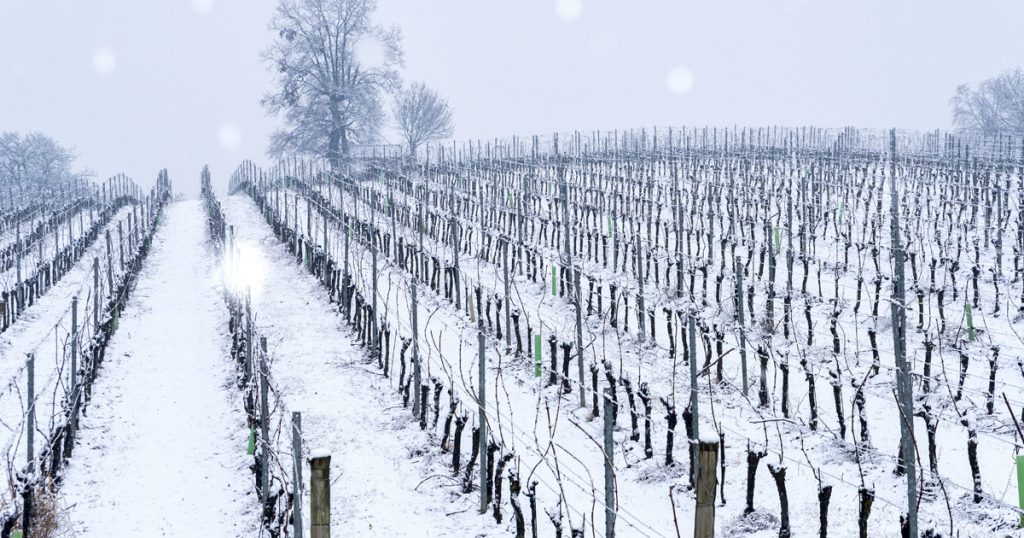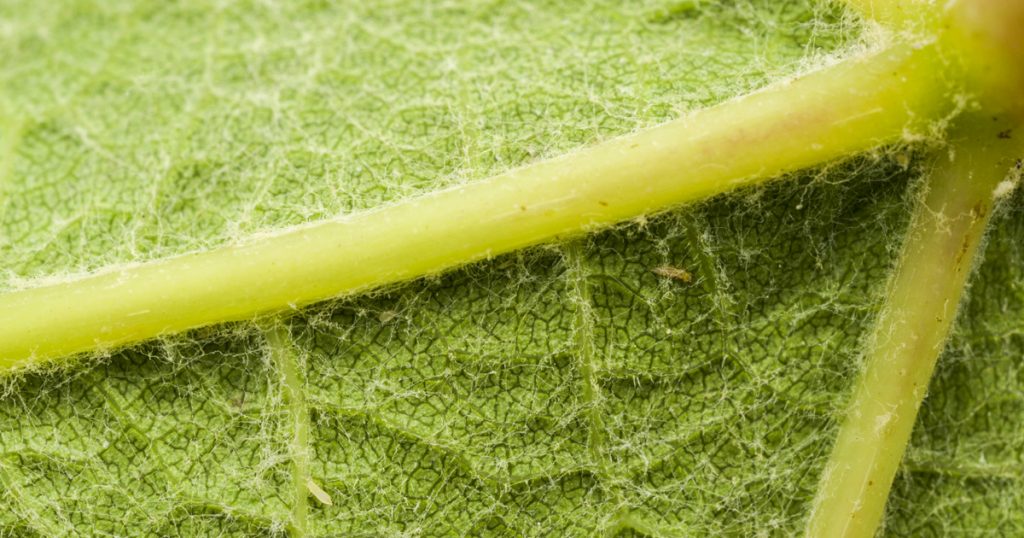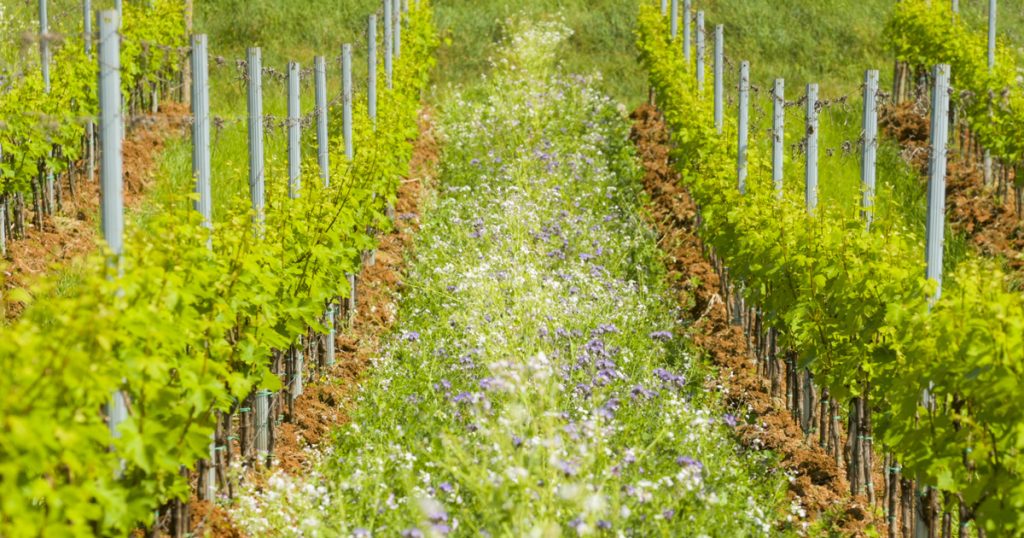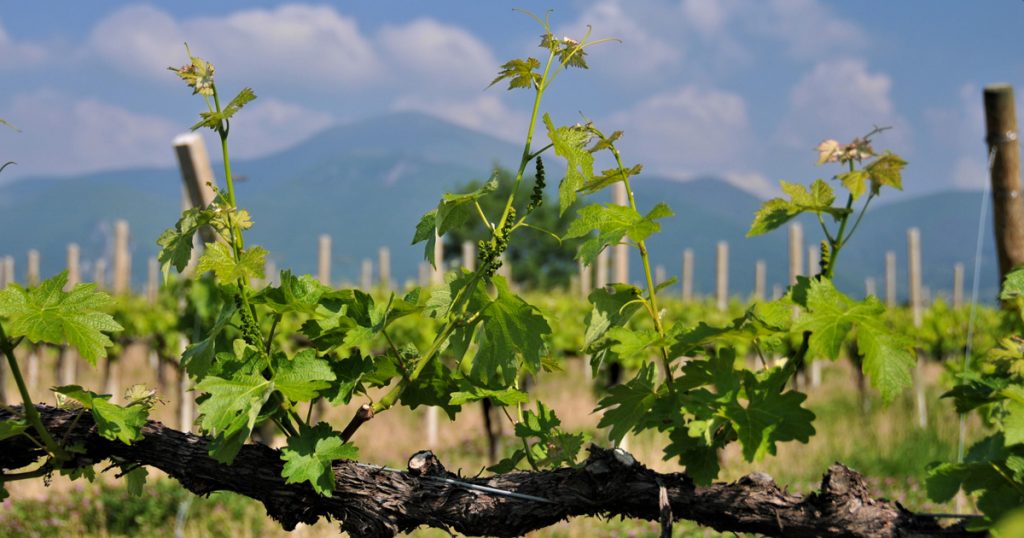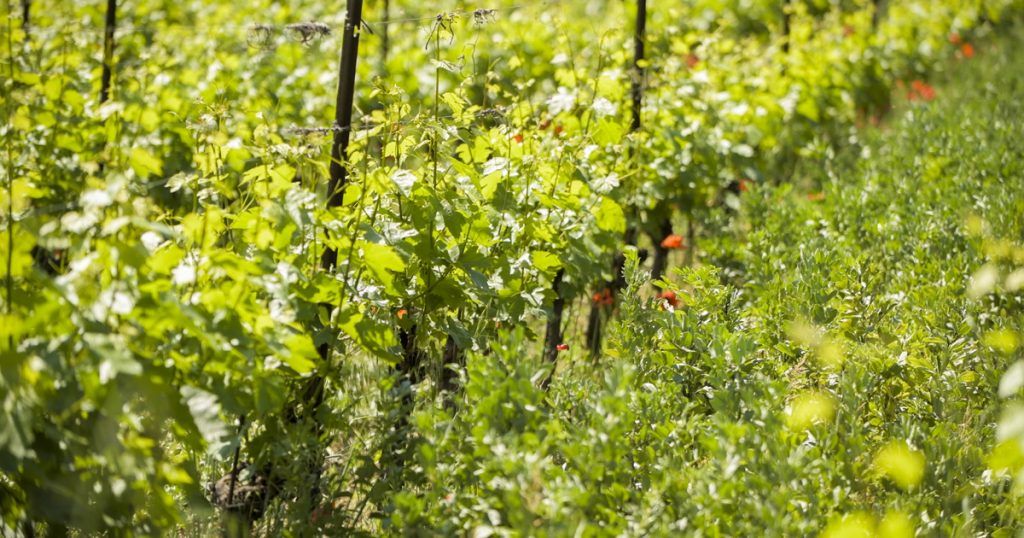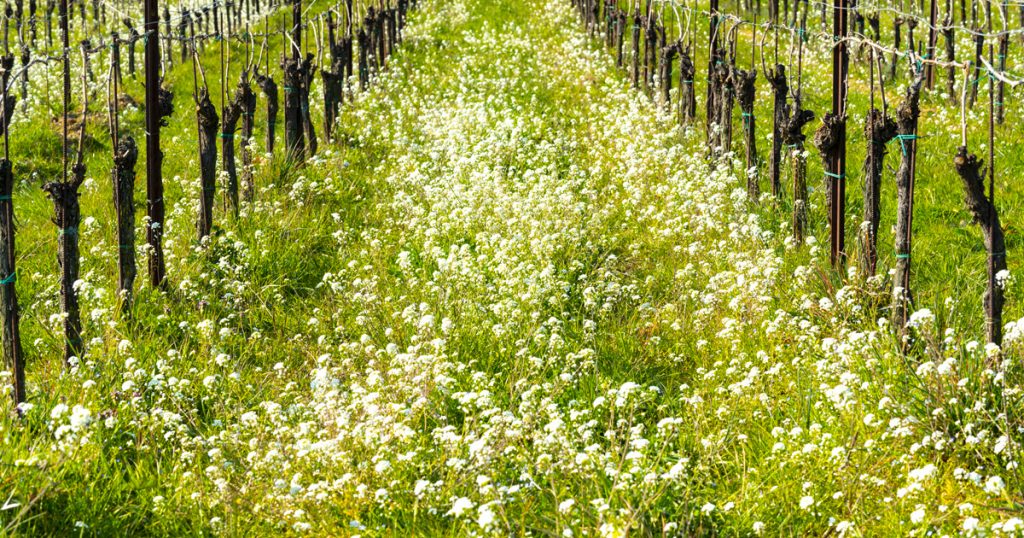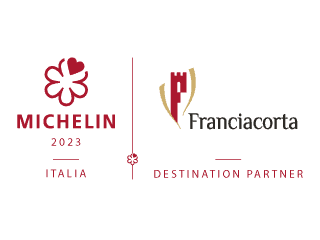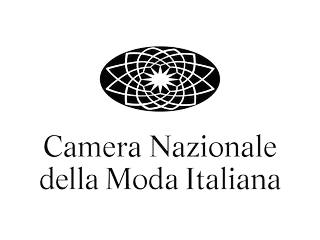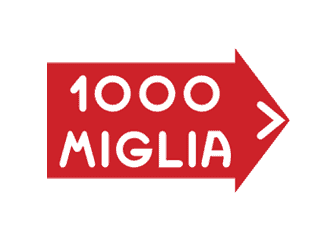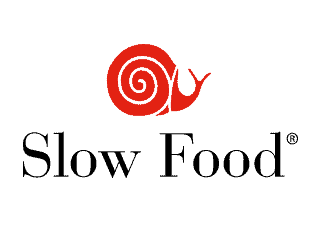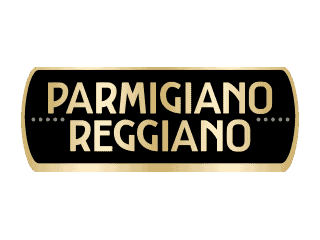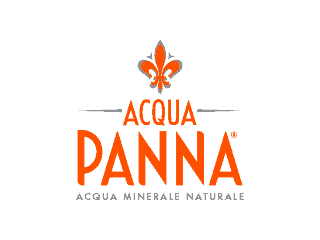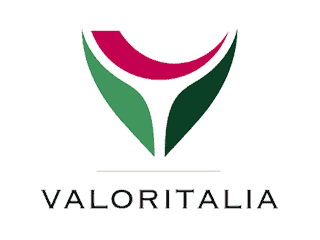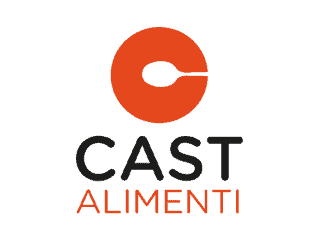Of the many organisms that live in the soil, arthropods are an important biodiversity element, and are regarded as reliable indicators of soil quality, because they are sensitive to physical and chemical changes in the soil, as well as human vineyard management techniques. Soil has been described as the most complex and diverse ecosystem in the world, with a quarter of our planet’s living species being found in it. This has stimulated research into soil biodiversity and functions, i.e. the effects of biodiversity in agricultural ecosystems, which have a positive influence on production systems.
Enquiries initiated in 2014 in conjunction with Sata Studio Agronomico, UNIMI and UNIBS have led to the publication of two scientific papers written in accordance with international standards. The reliability of the results was backed up by sound statistical analysis. Prior to publication as open access resources, these papers were peer-reviewed and are now a full part of the international scientific literature corpus.
Franciacorta covers an area of 3,200 hectares which is dotted with 130 wineries. 100 samples from 100 different vineyards were examined over a period of 5 years. The study led to the identification of a total of 19 groups of arthropods present in the various areas under vine in Franciacorta and enabled researchers to examine co-presence relationships (i.e. their tendency to appear together under similar conditions). It was shown that organic matter, soil humidity, temperature and pH play an important role in each group’s behaviour and that organic farming has an extremely positive impact on the development of these organisms. But this is not all: the highest levels of arthropod diversity were observed on plots on which organic farming had been underway for the longest time.
The study involved numerous Franciacorta vineyards and wineries in order to gain an insight into insect population dynamics in relation to farming practices and their repercussions on vine health. Understanding these dynamics enables growers to adopt lower impact farming methods to protect their vineyards from specific pathogens, while it also highlights the importance for producers of a vision focusing on respect for the natural balance and an awareness of its environmental and agricultural benefits.
The expansion of organic farming in Franciacorta is an outcome of a growing awareness on the part of individual estates that wine quality is not simply a matter of aromas and flavours but is much broader in scope. It encompasses respect for resources that are essential for life – water, air, earth – which we must leave as untouched as possible for future generations. In any event, in recent years the Consortium has contributed to raising that awareness through its activities and projects, state-of-the-art scientific research in the field of viticulture. Currently, Franciacorta is the appellation with the highest proportion – over two thirds – of organic vineyards.

